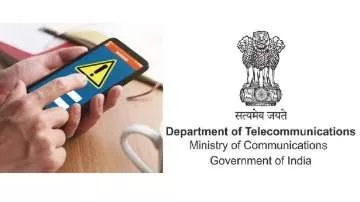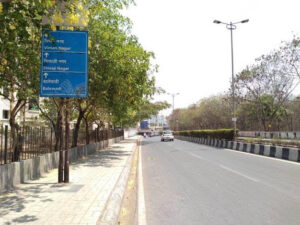Indian Government tests emergency alert system for android users

Indian Government tests emergency alert system for android users
September 15, 2023
Pune: On Friday morning, a significant emergency alert was disseminated to numerous mobile users in India by the government. This was conducted as part of the National Disaster Management Authority’s (NDMA) deployment of the country’s new emergency alert system.
The test message was randomly sent to smartphones across India, causing them to emit a loud beep and display a flash message that read “emergency alert: severe.”
The NDMA is utilizing this test to evaluate the effectiveness of the alert system and identify any potential issues. Today, the Department of Telecommunication (DoT) sent a test flash message to various mobile users on different telecom operators in India.
The message was sent between 12:00 and 12:44 PM IST through the Cell Broadcasting System. The message informed recipients that it was a test and that no action was required. The flash message received by multiple smartphone users read, “Emergency alert: SEVERE.
This is a SAMPLE TESTING MESSAGE sent through the Cell Broadcasting System by the Department of Telecommunication, Government of India. Please ignore this message as no action is required from your end. This message has been sent to test the Pan-India Emergency Alert System being implemented by the National Disaster Management Authority.
It aims to enhance public safety and provide timely alerts during emergencies. Timestamp: 15-09-2023 12:19 PM #0888758.” It is noteworthy that a similar flash message was sent to many users a few weeks ago.
According to the Department of Telecommunications Cell Broadcasting System, they are planning to conduct similar tests periodically in various regions. These tests are intended to evaluate the efficiency and effectiveness of mobile operators’ emergency warning broadcast capabilities and cell broadcast systems.
Madhupriya Dhanwate









